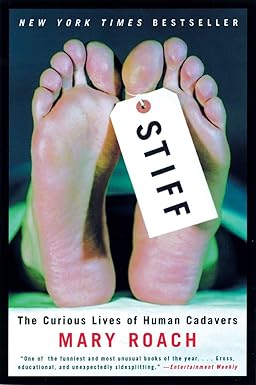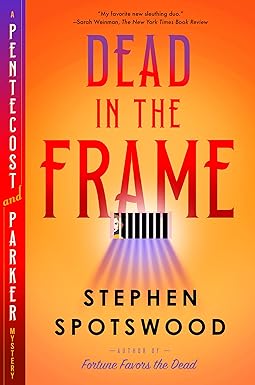Attention should be paid when Jim Harper thinks The Engineers at the ACLU Have Some Good Things to Say.
There’s not much insight in reiterating that computer programming and technical-system design are forms of engineering. But this type of engineering sometimes has very significant implications. Much as designing bridges keeps cars and human bodies out of rivers, designing and constructing certain technical systems prevents future civic collapse. So I can readily endorse identification policy recommendations coming from a source some might find unusual: the American Civil Liberties Union (ACLU).
Information is power. It creates countless angles and opportunities. In the wrong hands, personal information creates opportunities for advantage, manipulation, and control. To keep power distributed, we must keep central authorities from hoarding personal information.
I had our very special, liberty-protective system of government in mind when I wrote my book on identification and identification policy in 2006. Identity Crisis: How Identification Is Overused and Misunderstood offers some broad policy recommendations captured by the final chapter titles: “Use Identification Less,” “Use Authorization Instead,” and “Use Diverse Identification Systems.”
I read Identity Crisis back in 2009 (after buying it in 2007); my report is here.
And—sigh—I got my "REAL ID" driver license earlier this year.
Also of note:
-
A complete unknown. I noticed a new (to me) substack in town, The Unseen and The Unsaid; a subtle Bastiat reference, yay! And one of the contributors is Pun Salad favorite, Veronique de Rugy. Who, earlier this week, pleaded for some honest language: Stop Saying We Need to “Pay for the Tax Cuts.” We Need to Pay for the Spending, Not Tax Cuts.
Few talking points in Washington are more misguided than the demand that we must “pay for the tax cuts” or that “we don’t need to pay for tax cuts.” As Congress debates whether to extend parts of the 2017 Tax Cuts and Jobs Act (TCJA), this stale refrain is back, and it’s just as wrongheaded as ever – but not for the reasons you think.
Let me explain. The primary (and I would argue, sole) purpose of the tax code is simple: to raise revenue to fund the government that voters say they want. That requires that we debate what we think the size of the government should be. I believe it should be very small, with most functions currently handled by the federal government instead being carried out by the private sector, by state and local governments, or the voluntary sector including philanthropy and civil society. Most people seem to disagree with me.
Either way, whatever we decide the size of government should be, we should then decide what is the best way to design a tax code that raises the necessary revenue with the least economic distortion. Economists have been debating this question for a long time, and a consensus seems to have emerged about consumption taxes being significantly better and less distortive than income taxes.
I'm in total agreement. Although I am at the stage in life where I planned to cut back on income, but keep on consuming. We call that "retirement", and a certain amount of my financial planning over the decades assumed that strategy.
Oh well. The way things seem to be proceeding, a consumption tax might be the least painful alternative for me.
-
Don't work blue. Jay Nordlinger has moved his "Impromptu" schtick from National Review over to a Substack. And it's his usual blend of decency, attention paid to repression, and oddball observation. Example from yesterday: Blue Streaks, &c.
Normally, this column does not “work blue.” If there are swear words, they are usually accompanied by asterisks (though not always). (Sometimes asterisks can be prissy.) But let me quote you an article, published yesterday:
On Tuesday, President Trump dropped a bomb—not a bunker-buster but the F-bomb. Talking to the press about Israel and Iran, he said, “We have two countries that have been fighting so long and so hard that they don’t know what the fuck they’re doing.”
I wrote that article for The Spectator World. Here is the second paragraph (the first being the one I have already quoted):
There is a lot to say about this statement—starting with the implied moral equivalence between the two countries. But let’s focus on the F-bomb. Has a president ever before used this word in public? Used it deliberately, in a public statement? Trump seems to have recorded a first.
Yes. From there, I went through a little history—a history of presidential profanity—“from Truman to Trump,” as the subheading of the piece says (alliteratively).
Call me crazy, but I think pols should work as clean as Bill Cosby used to.
| Recently on the book blog: |
![[Amazon Link]](/ps/asin_imgs/1930865856.jpg)


![[The Blogger]](/ps/images/barred.jpg)



